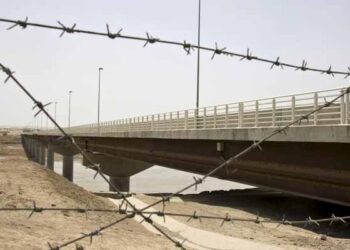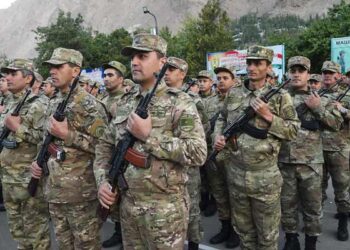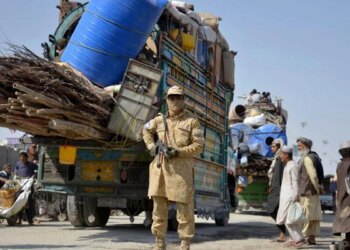Select Language:
Afghan authorities under the Taliban regime intensified their internet restrictions on Wednesday by disconnecting fiber optic lines in several provinces, claiming it was part of a campaign against “immoral behavior.” This directive, issued by Taliban Supreme Leader Hibatullah Akhundzada, has resulted in the complete shutdown of high-speed internet in multiple regions over the past two days, leaving many residents without online connectivity and raising alarm among local communities.
In Balkh province in the north, fiber optic internet was entirely discontinued by order of the leader, according to local spokesperson Attaullah Zaid. “This step was taken to prevent immoral activities, and backup options will be introduced nationwide to ensure connectivity,” he stated on X. An AFP correspondent confirmed that in Balkh, internet connectivity is now limited to phone networks, which are also disrupted across all service providers.
Similar restrictions have been reported in the northern provinces of Badakhshan and Takhar, as well as in southern regions including Kandahar, Helmand, and Uruzgan. Officials from the government and the Telecommunications Ministry have not yet commented on the situation.
Fiber optic technology is the primary means of internet access in Afghanistan, an anonymous employee at a private telecom company in Kabul told AFP, admitting uncertainty about the rationale behind the shutdown. Local business owners, such as Kandahar marble contractor Atta Mohammed, expressed concerns, warning that unresolved connectivity issues could cause significant financial losses. “If I can’t respond to emails from clients in Dubai and India promptly, my business will suffer. I haven’t been able to sleep,” he lamented.
While the southeastern Nangarhar province has not yet implemented the shutdown, provincial spokesperson Qureshi Badloun anticipates a nationwide rollout in the near future. “Recent studies show that online platforms have negatively affected Afghanistan’s social, cultural, religious, and moral fabric, leading the society toward corruption,” Badloun stated in a Tuesday release.
Historically, Kabul has highlighted a 9,350-kilometer fiber optic network, largely constructed during previous US-supported governments, as a strategic project to modernize the country and elevate its economic standing. However, since regaining power in 2021, the Taliban have introduced multiple restrictions on internet use.






